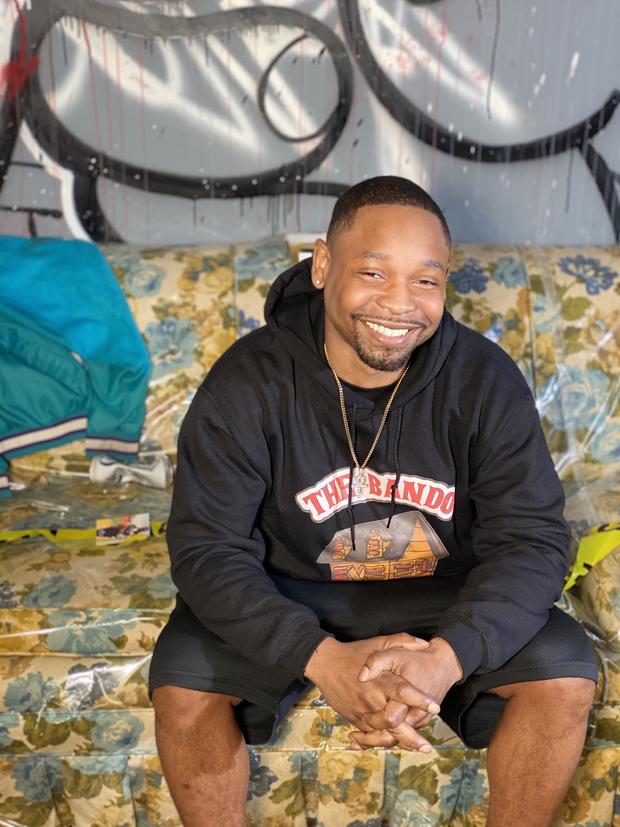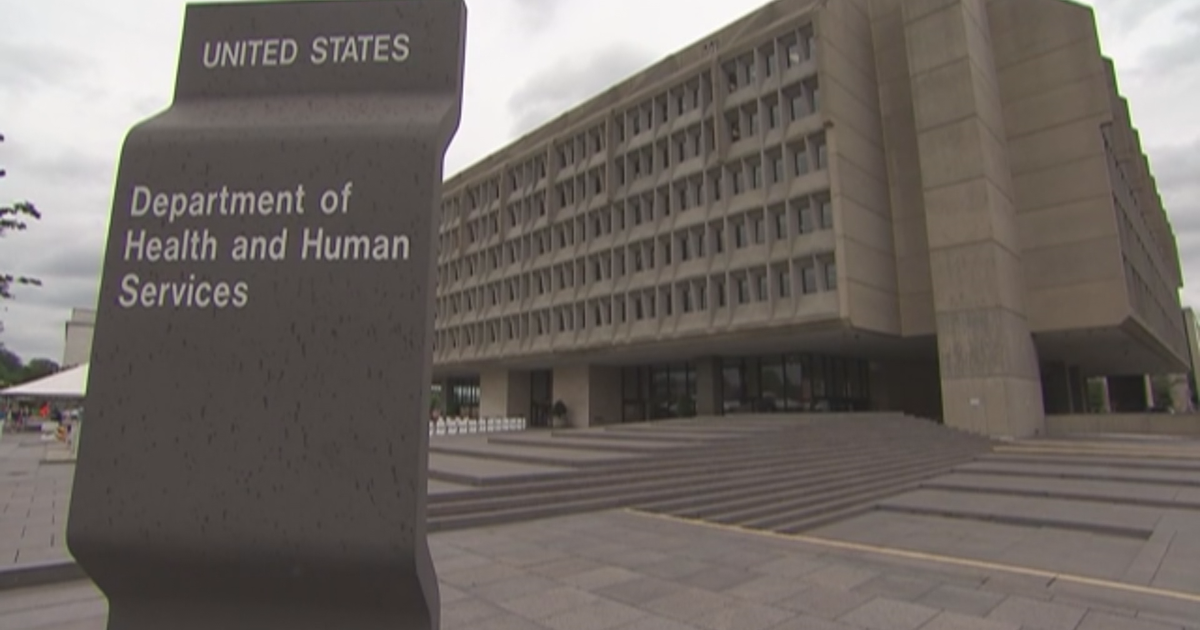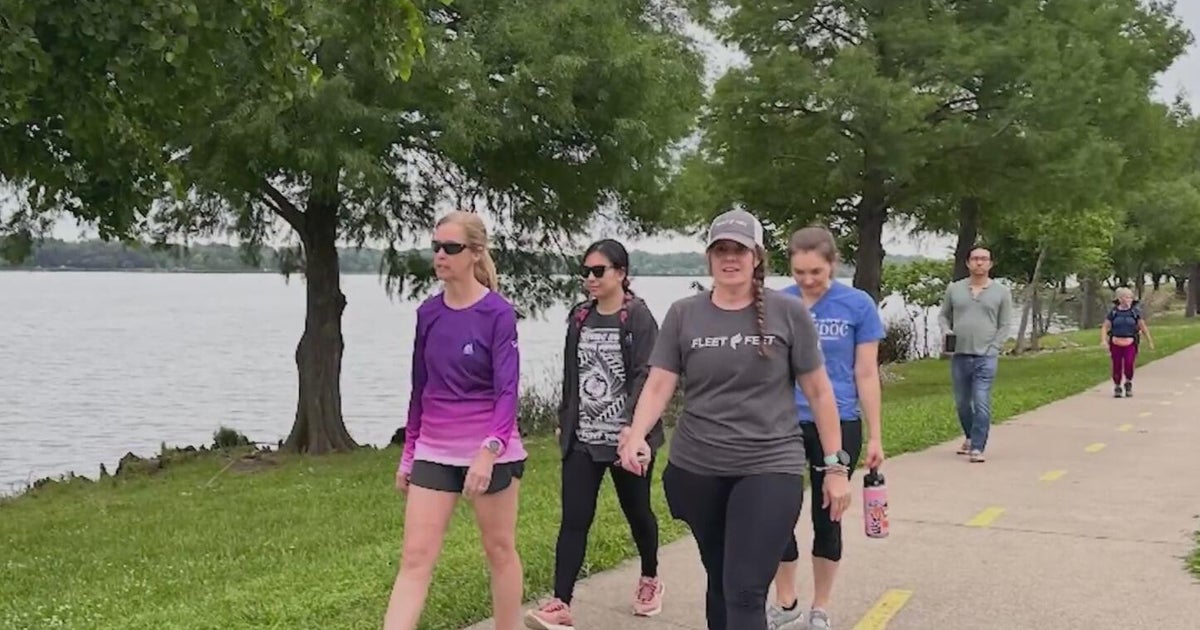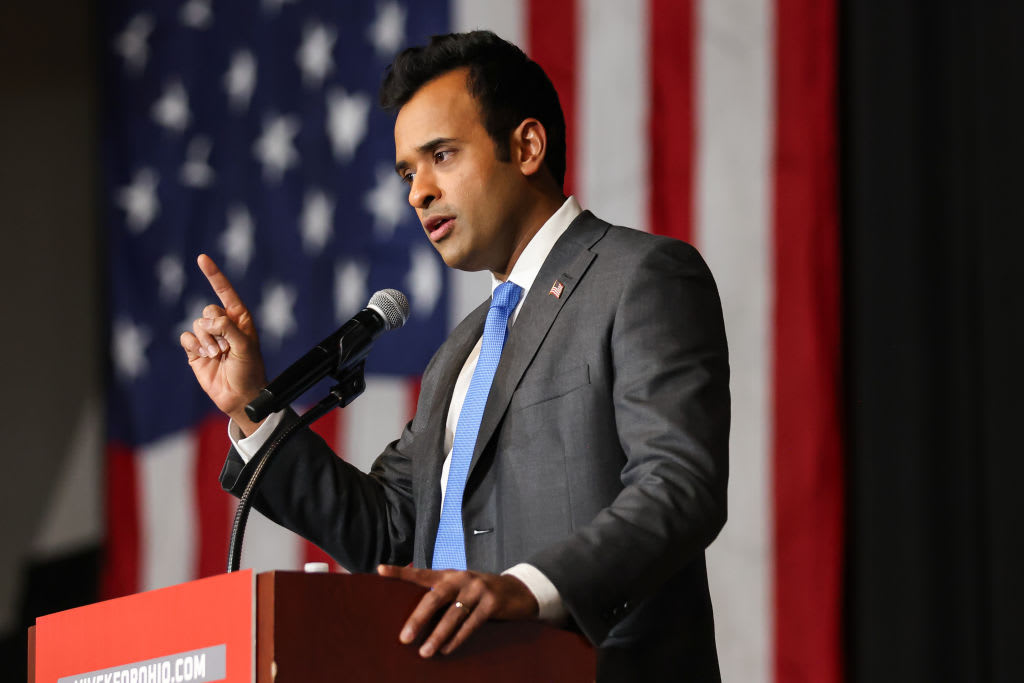Entrepreneurship boomed in these predominantly Black neighborhoods during pandemic
The thought of starting her newest business never crossed Destiny McCoy's mind until the coronavirus pandemic hit and she left her nonprofit job.
Working at that job gave McCoy's so much anxiety that she went to see a therapist, she told CBS MoneyWatch. The therapy session sparked an idea that would become McCoy's mental health company, Wellness for the Culture, which McCoy, 33, and co-founder Oyinda Adebo, 27, started last July. Their venture has performed so well in the past year that McCoy said its income is supporting her financially.
McCoy is not alone in her newfound success as an entrepreneur. Research released last month from a team of university economists found that several cities with predominantly Black populations saw their rate of new business creation skyrocket during the pandemic, more so than cities with lower Black populations, even as hundreds of thousands of Black-owned businesses were closing for good.
Researchers counted the number of new business formation filings in Florida, Georgia, Kentucky, New York, Tennessee, Texas, Vermont and Washington state in 2020, then compared figures with those from 2019. All told, those state recorded 250,000 more new business registrations than in 2019, or a 21% increase, the study found.
The researchers also discovered that Atlanta, New York City, Miami and Houston led other cities in entrepreneurial growth, often in ZIP codes with Black populations that earn higher than the average U.S. income. Startup growth in those neighborhoods outperformed their statewide averages during a time when the U.S. economy saw widespread unemployment and corporate profits plummet.
Newly created businesses in Atlanta grew 56% relative to 2019, primarily in the predominantly Black neighborhoods of College Park and East Point. During that same period, Georgia's overall rate grew 36%, according to U.S. Census data that encompasses all ethnicities.
In Miami, the number of new businesses in 2020 grew 20% above 2019 levels, according to the study while Census data shows that Florida's rate grew 21%. A 45% growth in business registrations in New York City in July 2020 from the year-earlier period was led by the minority-majority boroughs of the Bronx and Queens, where new businesses increased by 32% and 26% respectively. The state's growth rate was 10% in 2020 and entrepreneurship in predominantly White Manhattan declined that year.
In Houston, where McCoy lives, the startup rate increased by 32% in the Black neighborhoods of Sunnyside, Missouri City, South Acres, and Kashmere Gardens while the Texas rate was 10%.
Momentum "was just crazy"
While working on her business plan last year, McCoy said she noticed how several small businesses in Texas didn't have a strong social media presence or didn't have one at all. She thought about creating and managing social media platforms for small businesses as a potential revenue stream for her company, but tucked the idea into the back of her mind while she continued working on Wellness for the Culture.
It took a few months to file the paperwork, McCoy said, but her company gained momentum a few weeks after it launched. During a strategy meeting with her co-founder, McCoy said she pitched the idea of also offering social media management for small businesses under the Wellness for the Culture name.
"I remember saying 'I think we should do this,'" McCoy said. "Maybe less than a week later, we had our first client. Then it turned into our second client, then that turned into our third client. The way that it took off was just crazy."
McCoy and other Black entrepreneurs told CBS MoneyWatch they had very limited business management experience before starting their companies. What McCoy did have, she said, was an idea and the personal motivation to ask questions.
"All I knew is that I wanted to help Black women and all I knew was I didn't want to do therapy in the typical way," she said.
Reasons for boom
It's unclear why there was such a boom in entrepreneurship last year, especially in wealthier minority neighborhoods, said Boston University business professor Catherine Fazio, one of the authors of the study.
Fazio said her best guess is that some Americans living in communities of color used the stimulus payments they received from Congress last year to file business-formation paperwork, instead of paying bills. In other words, they took earning a paycheck into their own hands, Fazio said.
"Many people lost their jobs in the wake of the initial lockdown, so they turned to other avenues, which included starting new businesses," she said.
The rise in the number of new businesses created by people of color took place as the Black Lives Matter movement and cases of police brutality drew national attention to Black-owned businesses, researchers noted. Fazio said it's likely that even more new companies than her research captured were started in 2020, as some entrepreneurs may not have filed business formation documents with their state.
New business creation rates serve as a measuring stick for how well the overall U.S. economy is doing, Fazio and the other researchers said. Many Black-owned businesses closed last year, but as long as the rate of new businesses outnumbers that of closed ones, the economy is headed in the right direction, Fazio said.
From restaurants to data science
Fazio's study doesn't detail which specific industries new businesses are gravitating toward, but Black entrepreneurs across the nation said their startups vary from restaurants to data science.
Gregory Johnson of Miami, for example, launched a computer data management firm during the pandemic called DataGovs. The company now has seven employees, he said.
DataGovs shows government officials and others how to safely store, organize and access the data their smart devices are constantly collecting. Since its launch, DataGovs has started work for the city officials in Miami and St. Louis and for Miami Dade College.
Johnson, a former Microsoft employee, said he started the company because he saw a need for government agencies to better understand what's called the internet of things and how technology can help cities better serve their residents.
Johnson said that while he anticipated his company being somewhat successful, he still can't believe a company launched in January is landing government contracts like larger, more established firms do.
"It's not surprising, but it always feels like, wow, I can't believe I'm competing with others," Johnson said.
Johnson said the success from DataGovs earns him a full-time income and allows him the freedom to continue working on larger isssues he's passionate about, like racial bias in artifical intelligence.
Meanwhile, in Atlanta, Richard Burk III opened a restaurant last October called The Bando. Burk said he started the restaurant while working as a special education middle school teacher but quickly realized he couldn't juggle both and voluntarily left the classroom.
Eight months later, the Detroit native's restaurant now employs between five to 10 workers and has regular customers who come in to purchase wings, coney dogs and other menu favorites.
Burk, 34, plans to use revenue from the restaurant to start an all-boys school. The school is a goal that Burk and a fellow educator have been working on for more than two years. The two tried to raise funds for building costs, but they didn't raise enough money. Burk said that effort was disappointing but he didn't want to give up.
"We were trying to think about ways to generate money and we thought about food," Burk said. "You know, everybody loves food."
Burk said he knew it was risky to start a restaurant during the pandemic, but he did so anyway, under one guiding principle: "Everybody still needs to eat." He added, "people are going to want to buy food so we should be able to thrive during the pandemic."







